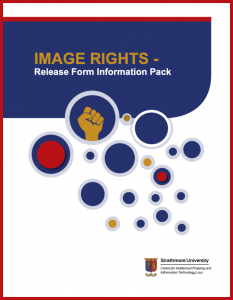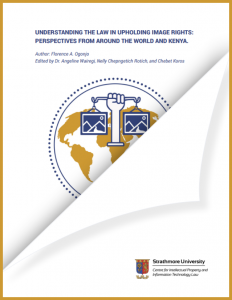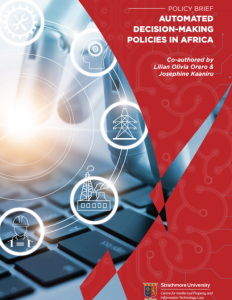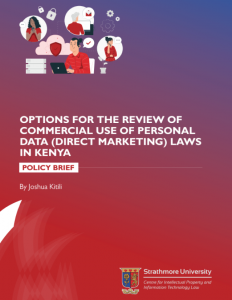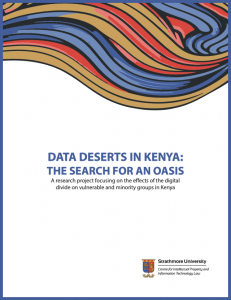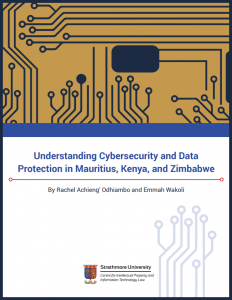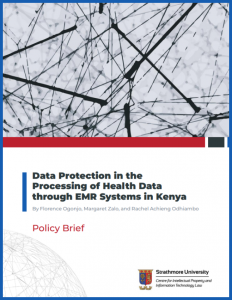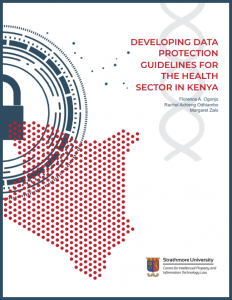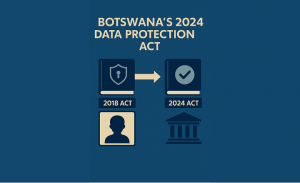Data Policy and Governance Centre
In recent years, there has been an explosion of digital solutions offered by businesses as well as an uptick in the uptake of digital platforms by Governments in serving their citizens in the East African region. Along with this has come new legislation to govern this digital sphere. There is a need for independent actors in this landscape that will serve the various sectors in numerous capacities to ensure that citizens’ rights are upheld and the spirit of the legislation is met while also ensuring that innovation is not stifled. The Data Policy and Governance Centre (DPGC) seeks to serve in this capacity.
The long-term goal of the DPGC is to contribute to the body of evidence available for those influencing policy in the areas of data protection, data bias, open data, and other issues pertaining to data governance with a focus on issues relevant to the Global South. All research objectives and outcomes of the centre are designed to be fact-based and politically – neutral. The DPGC aims to add evidence and impartial analysis to the ongoing local, national, and continent-level debates around data. The centre is currently focused on issues of Data Protection and Privacy, specifically on issues of implementation and enforcement of data protection laws within the region, in addition to commenting on the framing of data protection regulations.

